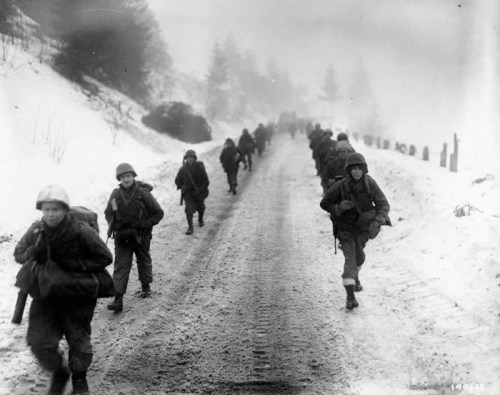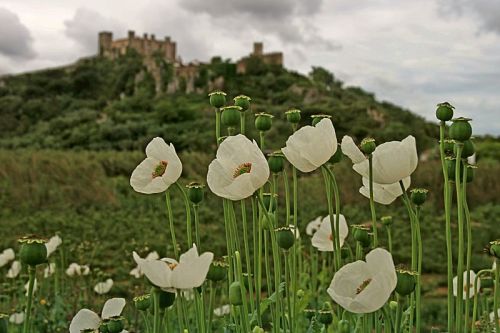Apparently history isn’t popular at school. Is that because of the remoteness of the details of a long ago and very different world, compared to silly selfies? Do you come to it in age, trying to make sense of the world you live in?
In order to try and understand what is happening in Ukraine today, you’d have to have a look at the area’s history up to WWII. And it’s complex. Sometimes when you look back, your head swims.
There is a current trend in history writing to look at the minutiae, stories of what this woman said or that man wrote or somebody else did, asides aligned to illuminate the enormous movement of men and munitions, the consequences of apparently simple decisions and the fallout which is almost always uglier than you can imagine. So thank you (to name but two) Max Hastings for “All Hell Broke Loose” (WWII) and Florian Illies for “1913: the year before the storm”(WWI and he’s German).
WWI broke out 100 years ago this year and it takes anything from 60 to 100 years for humans to begin assess history in context. My father (born 1896) enlisted just before his 18th birthday and fought in campaigns that faded into forgetting throughout his life because of savage losses in Europe. His regiment was sent to what we then called the North West Frontier (now Afghanistan) and in Mesopotamia (now Iraq) – which seem to indicate how slowly humans learn anything. And his dislike of Germans was unreconstructed.
“The only good German, man or dog, is a dead one” he said to a man whose Schnauzer lunged at our English bullterrier. I was shocked. My reasonable father, who taught me that there were always several sides to everything! When I asked him about his remark, he said levelly “Twice. They came for us twice.” And I carried that around with me for years until I began to read at roughly the same age as he was then.

I have always read about war, part of a desire to understand something about my father I couldn’t verbalise and he couldn’t tell me. The war that was current when I was growing up was in South East Asia and it seemed to affect a generation of Americans as the Great War affected my father’s peers. It was however in historical fiction, set in much earlier times, that I began to see war as a constant, a way of getting territory or holding it, distinguishing yourself, getting enough to eat and having adventures. The perception of damage – psychological or physical, personal or geographically general – came later.
Although I knew that the trench warfare of the First War caused terrible wounds, I didn’t see it until comparatively recently in an edition of The Culture Show featuring the work of a contemporary artist who made a record of early facial plastic surgery (see also a French film called The Officers’ Ward). It is humbling.
Of course I could have fallen with equal enthusiasm upon the history of clothes or gardens or agriculture. I read about war, about its inevitability, that it was a way
of proving yourself a man or a king: how, no matter how widespread and destructive, war changed so little and (see a poem of Carl Sandburg called “I am the grass”) and how the greatest obliteration was absorbed.
Or read about another kind of war – germ warfare, plague war – in John Kelly’s
“The Great Mortality” about the Black Death and see how the greatest losses the world has ever documented, involving China and Russia as well as the Middle East and Europe up to Iceland and recurring during a hundred years – “rested” the overcrowded cities, allowed wild land time to recover and rehearsed the
desolation of the Holocaust several hundred years before Hitler.
History is less about war and peace than it is about human nature, at it worst and best, its strongest and weakest. We are rarely nice but we are always interesting and history proves it.


